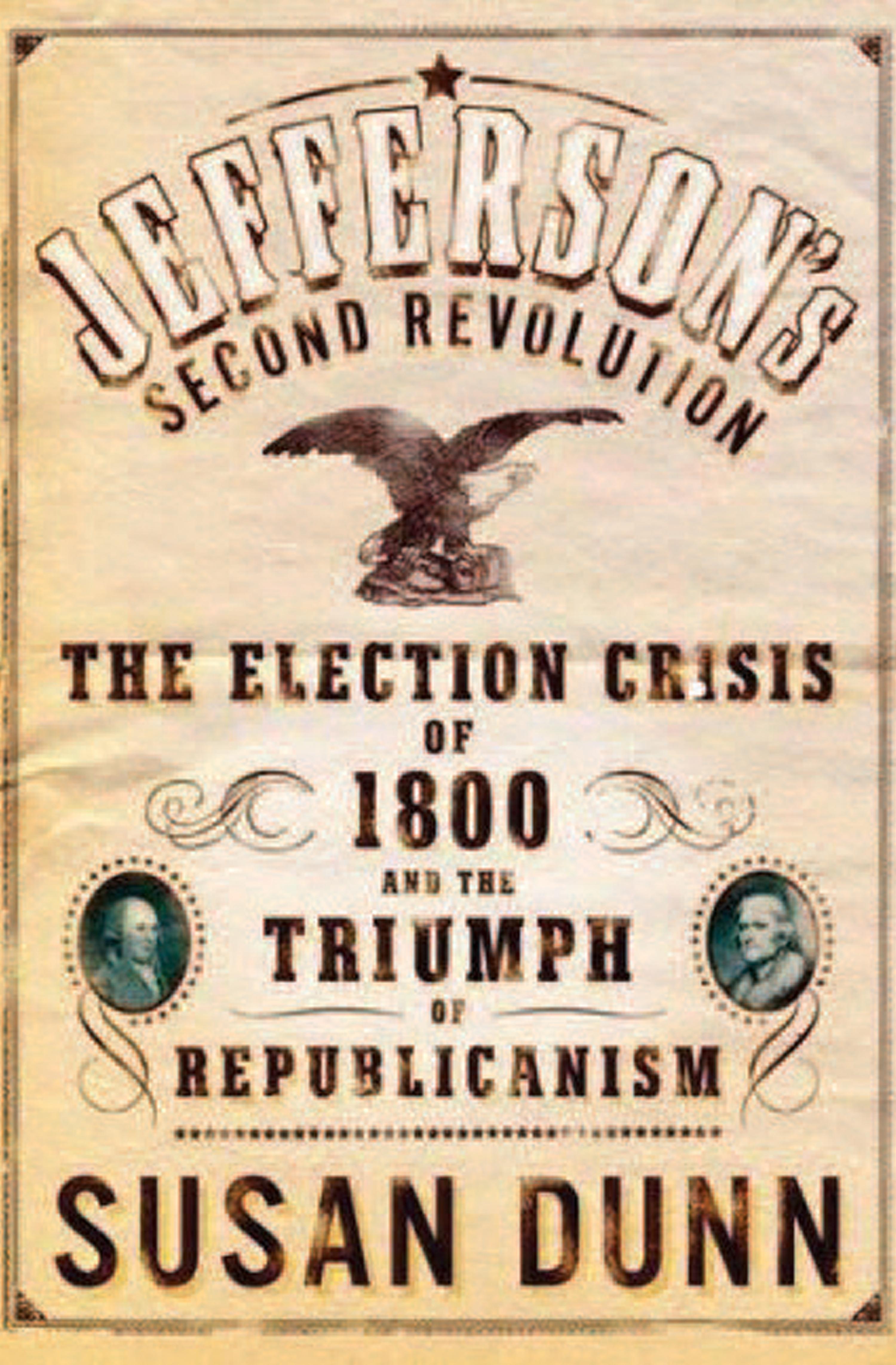Jefferson's Second Revolution
by Susan Dunn
2020-12-29 20:38:25
Jefferson's Second Revolution
by Susan Dunn
2020-12-29 20:38:25
An âexcellentâ history of the tumultuous early years of American government, and a constitutional crisis sparked by the Electoral College (Booklist). In the election of 1800, Federalist incumbent John Adams, and the elitism he represented, ...
Read more
An âexcellentâ history of the tumultuous early years of American government, and a constitutional crisis sparked by the Electoral College (Booklist). In the election of 1800, Federalist incumbent John Adams, and the elitism he represented, faced Republican Thomas Jefferson. Jefferson defeated Adams but, through a quirk in Electoral College balloting, tied with his own running mate, Aaron Burr. A constitutional crisis ensued. Congress was supposed to resolve the tie, but would the Federalists hand over power peacefully to their political enemies, to Jefferson and his Republicans? For weeks on end, nothing was certain. The Federalists delayed and plotted, while Republicans threatened to take up arms. In a way no previous historian has done, Susan Dunn illuminates this watershed moment in American history. She captures its great drama, gives us fresh, ï¬nely drawn portraits of the founding fathers, and brilliantly parses the enduring signiï¬cance of the crisis. The year 1800 marked the end of Federalist elitism, pointed the way to peaceful power shifts, cleared a place for statesâ rights in the political landscapeâand set the stage for the Civil War. âDunn, a scholar of eighteenth-century American history, has provided a valuable reminder of an election in which the stakes were truly enormous and the political vituperation was far more poisonous than the relatively moderate attacks heard today. . . . An excellent work that effectively explains this critical contest that shaped the history of the new republic.â âBooklist âDunn does a superb job of recounting the campaign, its cast of characters, and the electionâs bizarre conclusion in Congress. That tense standoff could have plunged the country into a disastrous armed conflict, Dunn explains, but instead cemented the legitimacy of peaceful, if not smooth, transfers of power.â âPublishers Weekly âDunn simultaneously teaches and enthralls with her eloquent, five-sensed descriptions of the people and places that shaped our democracy.â âEntertainment Weekly
Less






























